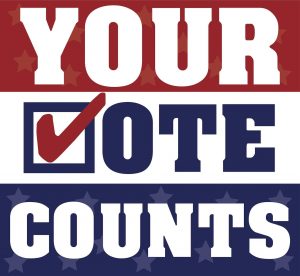UPDATED for print Wednesday, Aug. 17, 2011 — Fayette County Commissioner Steve Brown has joined a chorus of local Tea Party voices hoping to influence a suggestion that the regional transportation sales tax referendum be moved to the general election in November.
Gov. Nathan Deal has asked the legislature to move the date to November, giving more time for voters to mull over the list of regional transportation projects. But it also might help give the tax a better chance of passing with the presidential election on the line, in theory driving more Democratic voters to the polls in support of a second term for President Barack Obama when compared with a potentially lower Democratic turnout in the July primary.
Tea Party officials are asking the legislature to either keep the TSPLOST vote set for the July 2012 primary as called for in the original legislation, or to amend the law to require all future SPLOSTs be held in the general election.
Brown attended a Tea Party press conference at the Capitol Monday, and at last week’s county commission meeting he urged the public to attend if at all possible.
Brown last week said the date shift proposal was “very disappointing” from his point of view. He also encouraged audience members to grab Sen. Ronnie Chance, R-Tyrone, who was attending the meeting, in an effort to convince him on the matter.
“Write your local legislators and tell them you’re tired of the monkey business with House Bill 277, and to keep the vote in place, and let’s do it the way we say we’re going to do it.”
Fayette is part of the 10-county metro Atlanta region for purposes of the sales tax initiative. The way the legislation was structured, Fayette cannot opt out of the tax, meaning that if the 1 percent sales tax is approved by an aggregate of voters regionwide, it will be enacted here even if it fails to get a 50 percent or greater approval from Fayette County voters.
The tax, if approved, would be collected for 10 years.
The chief reason for the special session is for the creation of new district lines for the legislative districts, along with those used for U.S. congressional seats. That process will be undertaken based on the latest figures from the 2010 U.S. Census.











Leave a Comment
You must be logged in to post a comment.